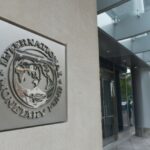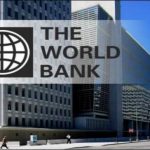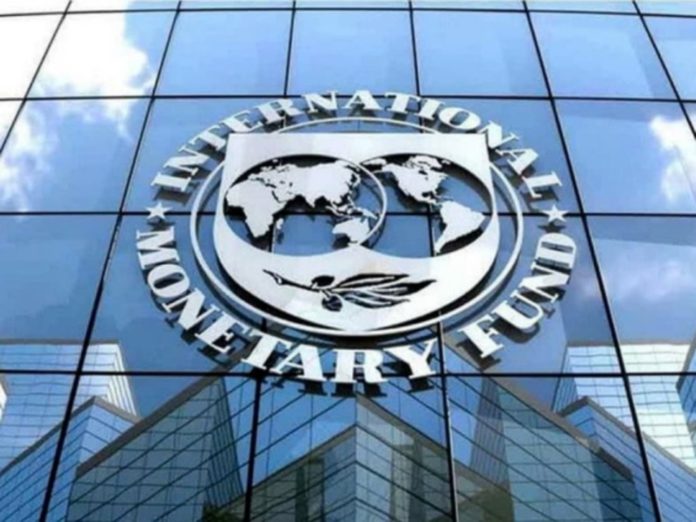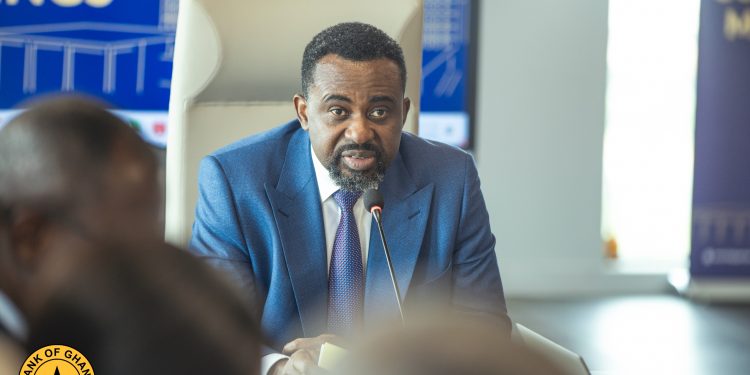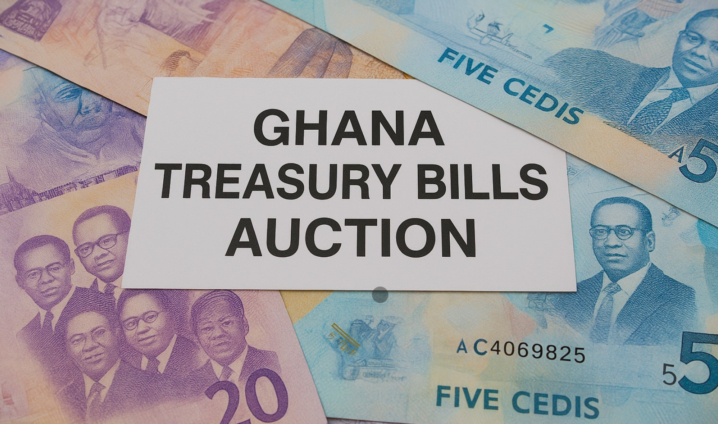Eurobond holders are to face a 30% haircut on their principal amounts invested as part of the government’s measures taken to put the economy on a sustainable path within the scope of the International Monetary Fund.
Eurobond holders are known for engaging in foreign currency transactions apart from the home-based currency.
The 2023 budget presentation indicated that the domestic debt investors will have to exchange their existing securities for new ones that may offer a zero coupon in the first year, five percent in the second, and ten percent in the third year.
This alternative as indicated by the Deputy Finance Minister, Abena Osei Asare exempts the Treasury Bill holders in the country.
“We have not concluded on the debt exchange but one thing I want to put out there to allay the fears of anybody is that for all T-bills, they are not in the perimeter of the debt restructuring or debt exchange,” Madam Osei Asare assured.
“This budget seeks to achieve certain things that we want to bring stability to the economy and also help us get our debt to a sustainable level. In doing so we are looking at debt exchange as the minister announced. This debt exchange is going to be done in conjunction with the regulators and all the relevant stakeholders”, she noted.
Another Deputy Finance Minister, Dr. John Kumah, has averred that the Finance Ministry will soon engage the Eurobond holders both Ghanaians and foreigners to enlighten them on the new angle taken by the government.
In a post after the 2023 budget, Dr. Kumah stated that “These are proposals and we will soon start negotiations with both local and foreign bondholders.”
He further explained that the government has set up a committee to start a “backstage engagement” with bondholders in the country.
It has also been noted that holders of short-term debt securities, comprising Treasury-Bills of 91-Days, 182-Days, and 364-Days treasury notes will be excluded from the haircut intended for the debt restructuring.
Meanwhile, Ghana is aiming to secure a US$3 billion program with the IMF to restructure its economy to attract investors and make life comfortable for its citizens.





